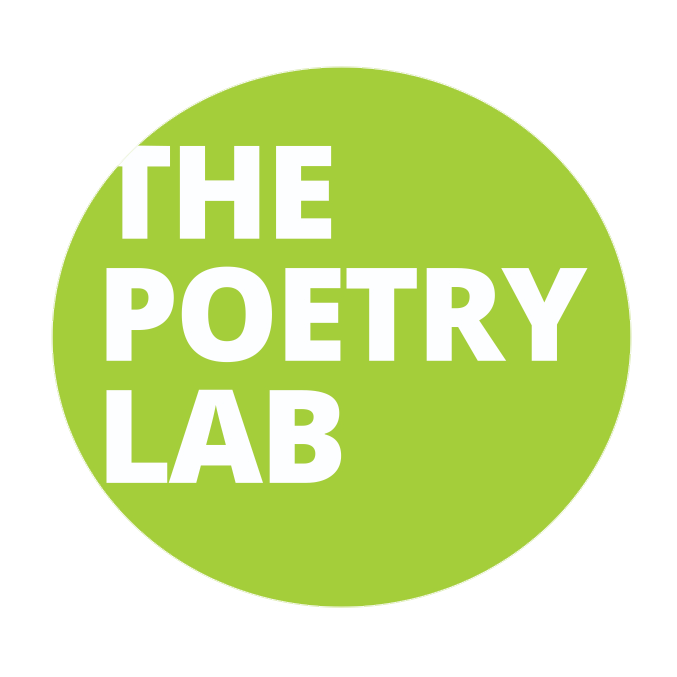
How Poetry Helps Us Write Better Fiction
helpful hints
JESSI JARRINGO BACK TO THE RESOURCE CENTER >
Are you a fiction writer who shies away from poetry workshops? Well, I don’t blame you. In fact, many people question the worth of studying poetry outside of a traditional academic setting.
I get it. You can go your whole creative writing career without taking one poetry workshop, and you might think, I escaped. No Wordsworth or Whitman! I, too, (even as a practicing poet,) have had thoughts like this about studying poetry before. What good is reading about poetry if I can’t understand it? Poetry can be intimidating, or just outright boring, to the unfamiliar eye. It can also seem unessential, especially if you’ve got your heart set on writing in another genre. But, the truth is that poetry can help strengthen other longer forms of fiction-writing, especially when you find the “right” kind of poetry for you. In my experience, poetry is not only helpful, but essential for writing in other forms. Here are 5 ways studying poetry helps us write better fiction:
1. Poetry forces you to center yourself on one image at a time
This can help strengthen the world-building in longer prose pieces. Using specific sensory details can enhance the genuinity of images and scenes within your work. Focusing on imagery can help make sure that the world and characters you write are believable. This can also help when it comes to organization and flow of your prose stories.
2. Words become more important
Poetry helps us to choose our words carefully--to take them more seriously. This translates to the economy of language throughout a prose form. It cancels out the fluff! No more hiding behind pages of exposition. In poetry writing workshops, it’s common to hear the phrase, “Show, don’t tell.” I’ve learned to reframe this phrase for prose: if you aren’t necessarily showing, at least tell it well.
3. Poetry teaches us that we can do away with traditional English conventions of writing
Making it so that even if the form you are employing (such as a novel) has inherent limitations, your creativity won’t come at a cost. When reading and practicing a more traditional form, restrictions from these forms can also help you in playing with the dynamics of constricting your writing. Once you understand rules, it becomes easier to “break” them in a meaningful way, and offers an opportunity to try something new or different.

4. Freedom OF subject
According to poet Richard Hugo, poets deal with a “triggering subject” versus the “real subject.” In his collection of poetry essays, “Triggering Town,” he discusses the idea of discovering the real subject of a piece after one starts writing what they think they are going to initially write about. This practice of letting your subject wander can help decrease the chances of “writer’s block,” by unlocking stories you didn’t even know you wanted to write.
5. Erasure
This is one poetry form that can be brought into the prose editing process. Erasure is a form of found poetry, which includes omitting/rearranging existing works, in order to create your own poem. Ways that this practice of erasure can be helpful in prose is to show that your character's voice is literally missing from a page, or perhaps, a character’s ideas are crossed out within this character's mind, so that readers can see the manifestation of this inner struggle. Perhaps, you’ll choose to insert texts from other sources that have been altered in some way, in order to add interesting and effective allusions throughout your prose.
This is just the beginning of what poetry has to offer fiction writing. I am not implying that you need to drastically cut down the novel you've poured yourself into for years down to a novella! But, do you really need those ten-pages of pure exposition?
What I am suggesting is that poetry plays a more vital role in other genres of writing than we may assume. Free and accessible resources such as Poets.org, features “Poem-a-Day,” which (as the title suggests) sends a daily poem to your inbox. The website features a majority of contemporary, previously unpublished poems and poems from previous generations. This resource is worthy of checking out, so that you may discover poems and poets you enjoy. Of course, you are always welcome to our poetry workshops at The Poetry Lab for some hands-on experience.
Example of a poem that can be informative for prose writers:
Ocean Vuong's “In Newport I Watch My Father Lay His Cheek to a Beached Dolphin’s Wet Back” serves as a great example of a narrative poem infused with imagery. In this poem, Vuong writes about his relationship with his father. He tells a story, yes, but he also infuses his work with powerful imagery and diction. Without overtly stating his parents’ violent migration to America, Vuong is able to show how it has affected him and his family, mainly his relationship to his father. Vuong’s use of a broken-up structure could inspire fiction writers to break up parts of their own narratives in creative, aesthetically-pleasing ways.
📗 Recommended Read
Grab a copy of Triggering Town from Bookshop.org.
This article was published on September 21, 2021. Written by:


